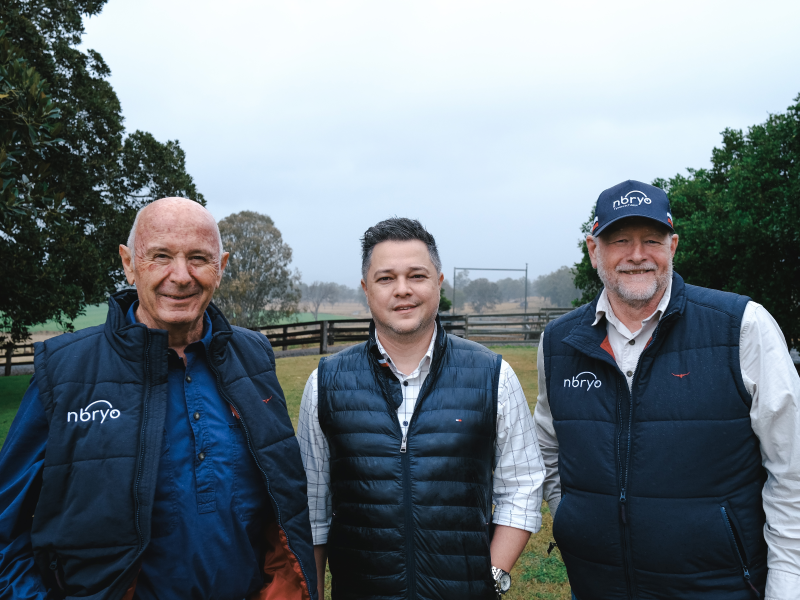Mandalay Venture Partners is the first off the mark in delivering funding out of the Queensland government’s Venture Capital Development Fund, revealing deals with two local AgTech startups on Tuesday.
The specialist agrifood technology investor is using the state matched funding to back cow embryo transfer technology from Nbryo and an innovative milk processing solution from Naturo that can extend shelf life from weeks to months.
Mandalay is a seed to series-A investor that typically writes first cheques in the range of $150,000 and $1.2 million. It did not disclose the exact value of its latest investments, but they are understood to be at the larger end of the scale.

Mandalay was one of the first five VC firms to receive funding from the Queensland Investment Corporation’s (QIC) $130 million Venture Capital Development Fund at the start of the year.
The program committed up to $20 million in matched funding to 10 specialist venture capitalist firms, with the requirement that 1.25 times the VCDF funding is invested in local startups.
Mandalay Ventures managing partner Mark Gustowski said the firm is thrilled to be supporting Nbryo and Naturo with the first deployment of QVCDF funds, given less than two per cent of Australian venture funding is invested in AgriTech startups.
“QIC’s investment into Mandalay, alongside the NRMA and a suite of family offices, provides a signal to the market that the [AgriTech] sector remains a priority for Australia,” Mr Gustowski said.
Nbryo’s technology enables large-scale production of cow embryos, accelerating the process of selective breeding among livestock producers, reducing the time required to complete the process from seven years down to around seven days.
While embryo transfer technology already exists, Nbryo chief executive Gerard Davis said its solution for in-vitro production of bovine embryos makes it easier for farmers to utilise advanced breeding techniques.
“Embryo transfer as a technology has long been a powerful tool for accelerating genetic improvement in livestock, but its adoption has been limited to a small fraction of the industry due to its high cost and complexity,” Mr Davis said.
Co-founded by the founder of Herron Pharmaceuticals Euan Murdoch and Nick Cameron, the firm has raised more than $20 million with support from the Bill and Melinda Gates Foundation and Meat and Livestock Australia.
Meanwhile, Naturo’s non-thermal milk processing method, known as Haelen, can improve the digestibility of milk and extend shelf life from around 14 days when traditional pasteurisation techniques are used, to 60 days.
“Our process responds directly to the consumer’s growing preference for natural, health-enhancing products that don’t compromise on taste or quality,” Naturo founder and chief executive Jeff Hastings said.
“This innovation represents a leap forward in functional nutrition, delivering unparalleled benefits to both processors and consumers globally.”
Do you know more? Contact James Riley via Email.

